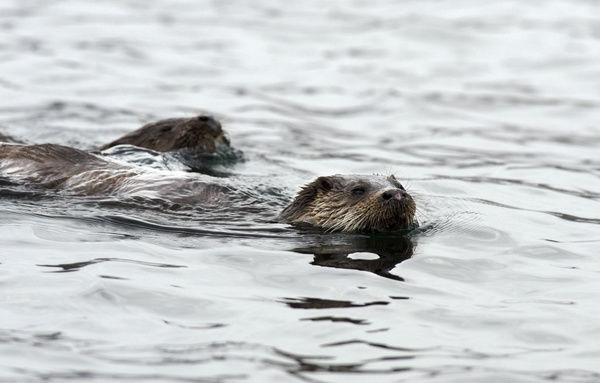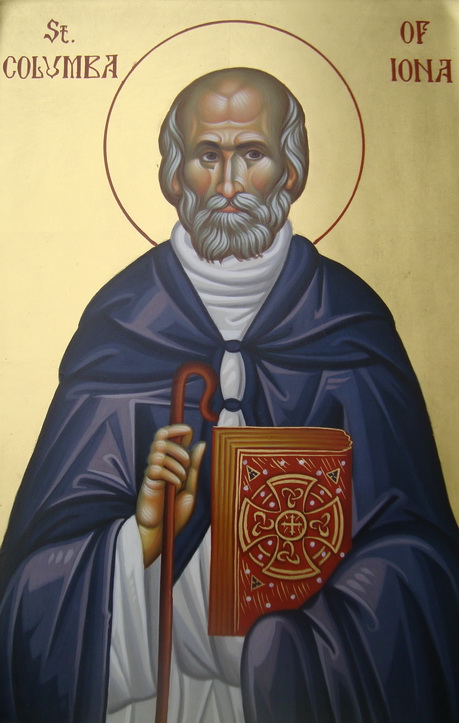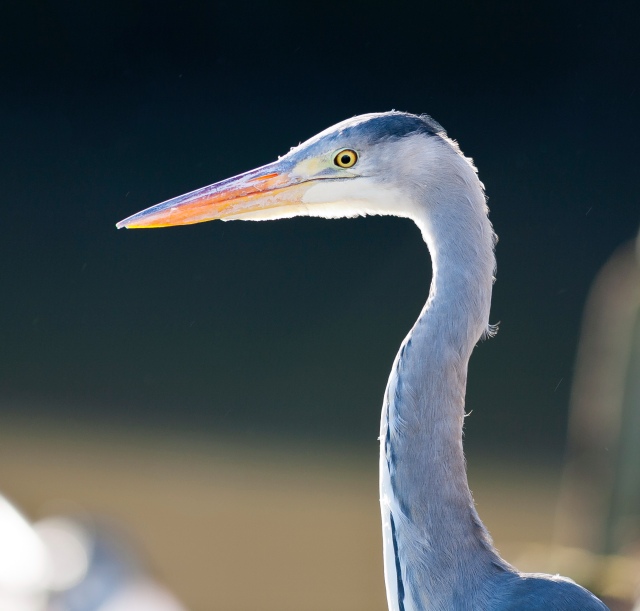The profound and often sublime writings of those early Christians whom we refer to as “Church Fathers” were not the products of people whose only concern was theological speculation. Almost all of these writers were, in fact, extremely busy bishops or pastors who were preoccupied with pragmatic problems of the flock entrusted to them. Sometimes, as in the case of Bishop Cyprian of Carthage (d. 258), they were forced to deal with severe tensions arising from persecution of the church by the Roman authorities. Indeed, the account of Cyprian’s own martyrdom, written by his deacon Pontius, is one of the most sobering and moving in all of early Christian literature.

It is a testament to the seriousness of their faith that learned bishops such as Cyprian took the time amidst other pressing concerns to write about doctrine and defend various Catholic positions. On occasion Cyprian wrote short treatises on various pastoral and doctrinal issues. More often he responded to requests from others to clarify or answer various questions which would arise. Many of these precious epistles have survived, and we are fortunate that in “Letter 63” of this collection Cyprian developed his thoughts on the eucharist, giving valuable insights into the teaching of the Latin church in his day.

The immediate occasion of this letter, addressed to a fellow bishop, was concern that some bishops and priests were celebrating the eucharist without using wine. Rather than mixing wine with water in the chalice, as had been the Catholic practice handed down from apostolic times, these pastors were consecrating water alone. Cyprian condemns this practice and uses the opportunity both to assert the authority of scripture and apostolic tradition, and to explain the symbolic significance of the use of wine in the Eucharist.
Cyprian begins with the initial premise that we must always obey the explicit commands of Christ as found in scripture. Christ used bread and wine at the Last Supper, and the apostle Paul strongly enjoined us to obey the Lord explicitly in this matter. No bishop or anyone else has the authority to change what Christ instituted. Cyprian also develops the idea at some length how the fruit of the vine is essential to the Eucharist. In the Old Testament, wine is used to prefigure the suffering of Christ, and it is this very passion of the Lord which comprises the sacrifice we offer at the altar. To those who would argue that since wine can be abused and lead to drunkenness it is inappropriate for the Eucharist, Cyprian contrasts spiritual and carnal inebriation:
“Actually, the Chalice of the Lord so inebriates that it makes sober, that it raises minds to spiritual wisdom, that from this taste of the world each one comes to the knowledge of God and, as the mind is relaxed by the common wine and the soul is relaxed all sadness is cast away, so, when the Blood of the Lord and the life-giving cup have been drunk, the memory of the old man is cast aside and there is induced forgetfulness of former worldly conversation and the sorrowful and sad heart which was formerly pressed down with distressing sins is now relaxed by the joy of the divine mercy.”

Union with Christ is the purpose of the Eucharist, and that certainly is a cause of inexpressible joy. But at the same time, it is Christ’s passion with which we are called to identify in the Eucharist, not only his glory. In a sobering remark, perhaps foretelling his own martyrdom, Bishop Cyprian notes that we will not be willing to shed our own blood for Christ if we are ashamed to admit the reality that we drink his blood in the Eucharist. But if we love Christ and really believe in what he continues to do for us in the Eucharist, nothing can take this gift away from us. Perhaps the most poignant passage in the letter is Cyprian’s commentary on the act of mixing the wine and water in the chalice during the preparation of the gifts.
“For, because Christ, who bore our sins, also bore us all, we see that people are signified in the water, but in the wine the Blood of Christ is shown. But when water is mixed with wine in the Chalice, the people are united to Christ, and the multitude of the believers is bound and joined to Him in whom they believe. This association and mingling of water and wine are so mixed in the Chalice of the Lord that the mixture cannot be mutually separated. Whence nothing can separate the Church, that is, the multitude established faithfully and firmly in the Church, persevering in that which it has believed, from Christ as long as it clings and remains in undivided love.”

All quotations taken from St. Cyprian. “Letters (1-81)”, Translated by Sister Rose Bernard Donna, C.S.J., Washington, D.C. The Catholic University of America Press.








